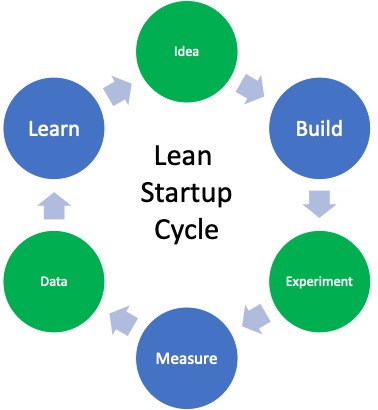Nigeria’s entrepreneurial spirit is undeniable. This is reflected in the doggedness and unrelenting character of many young Entrepreneurs littered around the streets and corners of Nigeria. The startups are displayed in different cadres. From the street hawkers to all the small kiosks in the bus stops, the Small-Medium Enterprises (SMEs), Partnerships and Companies.
However, securing funding remains a critical hurdle for many startups. It has become an arduous task to access the funds needed to accomplish the desires of startups. Especially funds required for commencing the operations and creating the requisite structures and systems that will build the concrete foundation of the business.
While angel investors play a crucial role, they are concerned with the problems faced by the start-ups who lack technological know-how, managerial skills, careful planning, lack of research, and logistics, and are therefore hesitant in rendering financial support due to any potential startup to gain traction in the Nigerian market.
We shall now explore alternative funding sources, save the angel investor, such as personal savings, peer-to-peer lending, crowdfunding platforms, venture debt, etc, and analyze each option’s pros and cons as we guide you in navigating these funding avenues.
FUNDING SOURCES FOR START-UPS
- Personal Savings: This type of fund is usually available to the start-up who resorts to personal resources at his or her disposal made possible through savings. The vast majority of start-ups commence with the main source of funds coming from personal equity, saved up money in thrifts, contributions, fixed amounts in bank accounts, etc. This type of fund is a reflection of the degree of motivation, commitment, and belief of the start-up in the enterprise he is venturing into.
- Donations and Cash Gifts from Friends & Family: In our rating, this is the second most popular source for startups. This source of funding includes friends, families, and relatives. This category of people is likely to be subjective in their thought process and will attach support to the existing relationship between the startup and the concerned individual. They are most likely not worried about quick returns as other outside investors will and may in some instances consider letting go of their funds as a mode of support or donation to the cause of the startup.
- Apprenticeship System: In Nigeria, there is an existing apprentice system amongst the South-Easterners. Once any of their members are willing to start a business, they give him a helping hand by initiating an apprentice system where the startup will have to work for them for an agreed period. Afterwards, they are established with funding and networking opportunities for their enterprise.
- Peer-to-Peer Lending: These are platforms initiated by financial institutions whereby a lender is linked with a borrower for specific projects. Both parties discuss the terms of repayment and work out the modalities necessary for their financial relationship.
To be continued…..









